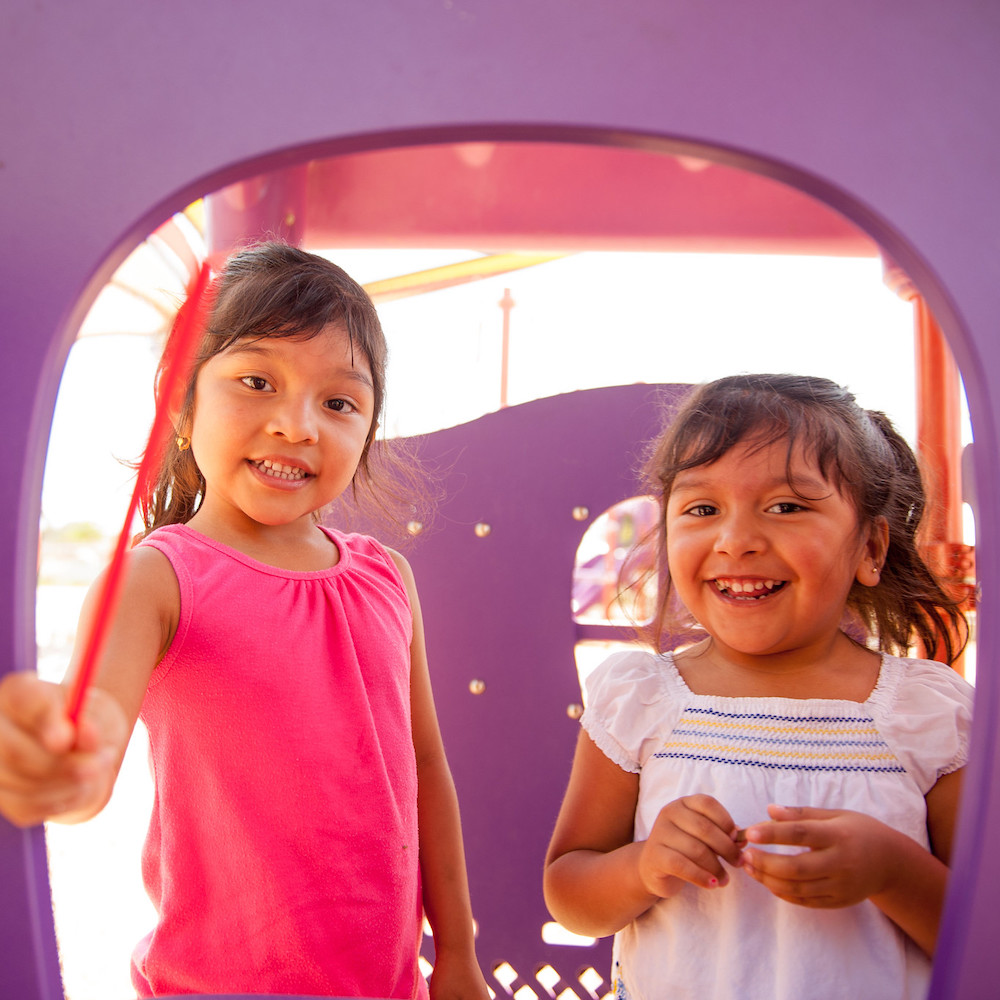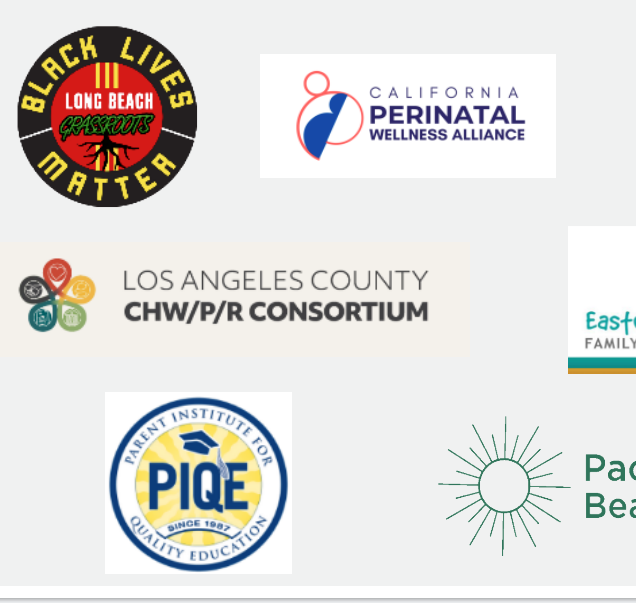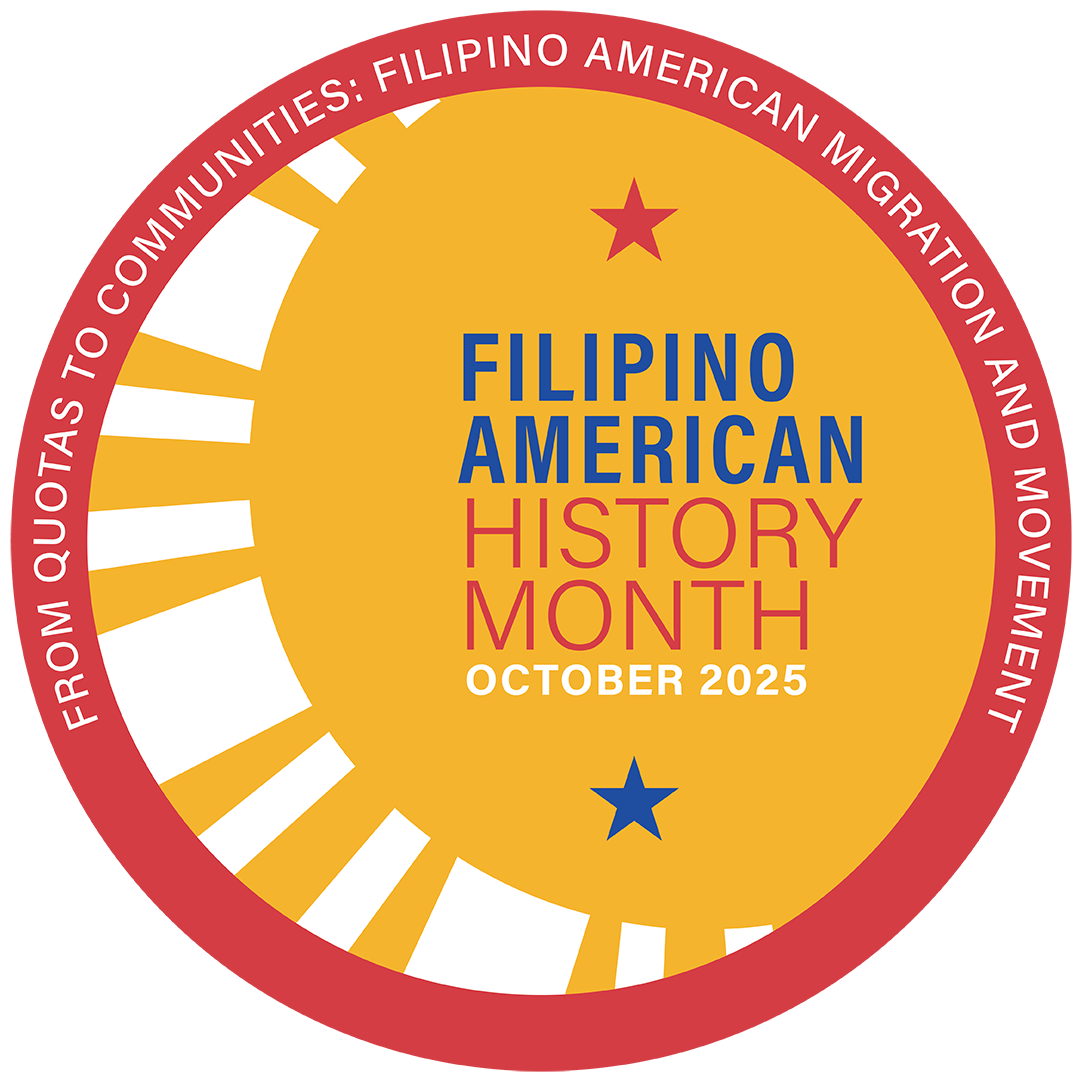“Are you the teacher whose parents are from Vietnam?” a parent asked me.
“Yes!” I responded.
“My son came home after the first day of school and told me all about it,” she continued. “He asked me how his grandparents came here. I haven’t connected with my son like that since he was in elementary school. Thank you!”
This was over ten years ago at “Back to School Night” when I was a teacher at Woodrow Wilson High School in El Sereno. Students and their families gathered to meet teachers over hot chocolate and pan dulce. This exchange came about because at the beginning of each school year, I would share my story with students — who I was, where I came from, and why I became a teacher. It so happened that it was also a conversation starter for students to engage with their own families as they explore — who they were, where they came from, and what they wanted to do after high school.
Though it has been many years since I was a teacher, my former students and I still reflect on how the small, but mighty gesture of sharing stories transformed our lives and connected us. Using the power of storytelling is part of an approach called “popular education” that grounds learning within cultural and personal experiences. Though I no longer work in the classroom, engaging families through stories and popular education is still very much a part of my work as a Family Supports Program Officer at First 5 LA.
The concept of “engagement” — whether with students as a teacher or as a services facilitator within systems — is difficult to define yet an important element to consider when working at an agency like First 5 LA, where our goal is to ensure that all kids in L.A. County have the resources they need to enter kindergarten ready to succeed in school and life. First 5 LA exists in a unique space of working with both families and systems, where we aim to engage families as they navigate systems, but also engage systems to better support families. While many forms of engagement — such as parent-teacher conferences or workshops — are often focused on delivering information, these avenues are not necessarily focused on long-haul results and transformations, which makes approaches such as popular education a vital part of long term and systemic change.

A unique example of the multidimensional nature of family engagement can be seen in First 5 LA’s partnership with Abriendo Puertas/Opening Doors (AP/OD) — an evidence-based, 10-session training program for parents to help them support their child’s development. Developed by Latino parents, for Latino parents, the program is the first of its kind in the nation and utilizes teaching and learning by centering its lessons around the lived experiences of parents and caregivers. Each session is two hours, during which parents and caregivers connect with each other on topics like child development, mental health, school readiness, family well-being and advocacy. Since then, the model has been adapted to other cultural and linguistic contexts.
AP/OD’s tenet, “Building a Better Future Through Parent Leadership,” emphasizes the role of engaged parents and the impact of culture inclusion on lesson development and their children’s long-term educational outcomes. While most approaches to family engagement often don’t center parents as “experts,” AP/OD, with its use of the popular education approach, does, and in doing so, evolves based on input from parents that is discovered via dialogues and conversations about the material.
This model has been particularly meaningful for families who struggle finding support that meets their unique needs and experiences. For instance, during a session about language development at an LAUSD school in Southeast Los Angeles, a group of Mayan parents and caregivers discussed their struggles as indigenous Latinos. One mother asked the group, “How do I teach my child our Mayan culture when Spanish and English are the economic languages?” In this space, the parents had a lively discussion on the importance of both language development and multiculturalism at home and in school.

This approach also helps connect families of different cultures and does so in diverse settings where families routinely go, like parks or recreation centers. For example, at a YMCA in South Los Angeles that caters to a wide range of cultures, AP/OD facilitators noticed that providing programming in both English and Spanish at the same time helped bridge the community. Over the course of one program, a group of parents gravitated toward a woman whom everyone called “Abuela” or grandmother. To many in the room, Abuela was filled with great stories and wisdom about struggles that many non-Latinos in the room connected with. For Abuela, hearing so many people greet her on a weekly basis made her feel welcomed and connected to the community in ways that she had never experienced before.
Since this work is focused on supporting providers at the family engagement level, providers are developing responsive ways to adapt AP/OD. For instance, in El Monte, to support rapidly growing Asian and Pacific Islander populations, El Monte Promise is tailoring AP/OD for Mandarin speakers. This is an important approach to support families since adapting a program is more inclusive than simply translating a program.
Through the use of popular education within the family engagement program, providers are better able to create spaces for families to be open about their experiences, struggles and hopes as they journey together in supporting their children through school and life. Cultivating spaces to connect and share fosters meaningful relationships and transformative moments, such as the kind that I experienced in my classroom over a decade ago.

In a region such as Los Angeles County where there are over 11 million people who speak at least 224 languages, discussions like these are essential to mobilizing communities towards culturally and linguistically responsive programming, developed for and by the community. Storytelling may seem a simple approach to meeting the needs of a very large and diverse county, but it’s the most fundamental beginning.
As AP/OD hits a new milestone of certifying over 241 facilitators at 31 agencies and organizations across L.A. County under this project, I am reminded of a saying that the program has in their curriculum: “A journey of a thousand miles begins with a single step.”/“Un viaje de mil millas empieza con un solo paso.” This journey towards engaging families well, so begins with a single story.







